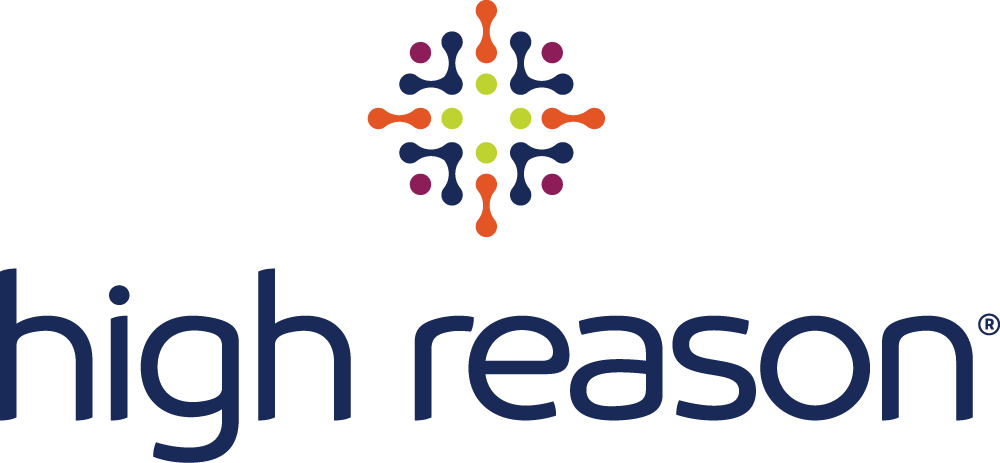The marketing landscape continues to witness a paradigm shift in terms of data privacy. When you combine this with Google’s continual updates to its algorithms and policies, it is almost impossible to keep a data strategy current.
Navigating these changes requires a careful approach that integrates compliance with privacy regulations, alignment with Google’s latest requirements and your digital strategy and goals.
Privacy laws like the General Data Protection Regulation (GDPR) and California Consumer Privacy Act (CCPA) have significantly curtailed the application of third-party cookies, a traditionally critical cog in the targeting infrastructure. When Google sunsets third-party cookies from Chrome in late 2024, it will essentially mark the end of third-party data and the start of zero-party data.
According to Forrester Research, “zero-party data is that which a customer intentionally and proactively shares with a brand. It can include preference center data, purchase intentions, personal context, and how the individual wants the brand to recognize [them].”
This includes demographic information, purchase intentions, or user experience preferences that come directly from the customer – a drastic shift in how companies capture and aggregate data. There are other avenues that can augment customer data, such as first-party data and contextual targeting, but knowing how your data works and how to keep it flowing is more critical than ever.
This is manifesting today with the proliferation of the “accept all cookies” pop-up button or dialog box you are seeing on websites that allows you to also customize the cookie/data collection process when you visit a website.
Couple that with Apple’s updates that allow users to opt in to sharing data with any given app and you can see how much data is falling out of the system. That makes it imperative that digital marketers build trust so users supply their information without cares or concerns about its destination or use.
At the end of the day, digital marketers must have a clear and transparent line of communication with their customers in regard to data collection and use practices.
Obtaining explicit consent, providing access to data control and fostering a positive data-oriented user experience is going to be essential if companies want to have the information they need to market consistently and effectively. We can help you achieve this while building trust with your target audiences.



